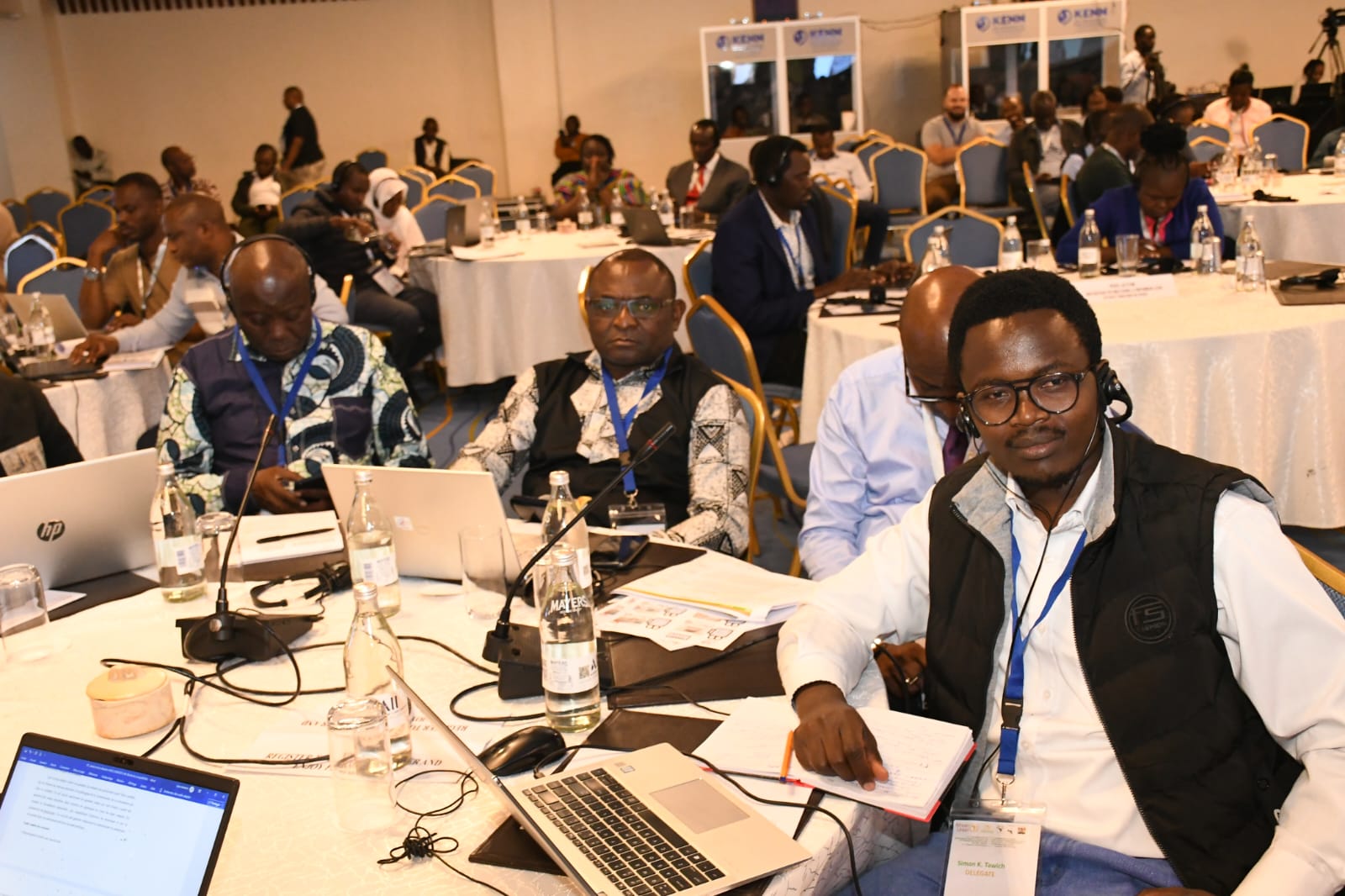

Experts have called for the deployment of Artificial Intelligence to manage trypanosomiasis.
Human African trypanosomiasis, also known as sleeping sickness, is a vector-borne parasitic disease caused by protozoans of the genus Trypanosoma.
Dr Huyam Salih, director of the African Union InterAfrican Bureau for Animal Resources, told scientists from the 38 African countries where trypanosomiasis is still a problem to help deploy AI and integration.
“Trypanosomiasis is a transboundary disease, hence the need for the use of modern technology through one-health data platforms for vector mapping, prediction and surveillance for parasite detection and resistance monitoring,” Salih said during the International Scientific Council for Trypanosomiasis Research and Control in Nairobi.
Salih observed that countries need to ensure that technologies are accessible and adaptable to local contexts.
She revealed that AU-IBAR is in the process of rolling out the African Union Digital One Health Platform to promote one-health data integration and sharing.
Salih called on African governments to accelerate efforts to eradicate trypanosomiasis in the continent through collaboration and innovation.
The AU official urged experts to apply one-health approach in their eradication approaches since trypanosomiasis continues to rob millions of livestock-dependent communities of their livelihoods.
She noted that trypanosomiasis continues to deny employment to countless youth across the continent, and contributes to malnutrition and stunting among children due to poor livestock health and reduced productivity.
Salih revealed that 38 out of 55 countries in Africa are affected by tsetse and trypanosomiasis while 50 million cattle are at risk of trypanosomiasis, resulting in an annual death toll of three million.
An estimated at $1.2 billion is directly lost annually from reduced meat and milk production, treatment costs, and vector control.
Some six million people were exposed to the risk of trypanosomiasis in 2024.
Agriculture and Livestock Development Cabinet Secretary Mutahi Kagwe urged experts to work together to find solutions to the challenges posed by tsetse fly in Africa through modern technologies such as AI.
“The impact of trypanosomiasis disease is felt across sub-Saharan Africa, and it is crucial that scientists work together to combat it as the challenge transcends boundaries, sectors and disciplines,” Kagwe said.
Kagwe said that Kenya is among the 38 African countries affected by the tsetse fly, with approximately 23 percent of landmass infested.
He added that the presence of tsetse fly has significant implications for livestock and agricultural productivity in Kenya, particularly in the rangelands where over 70 per cent of livestock population is reared.















